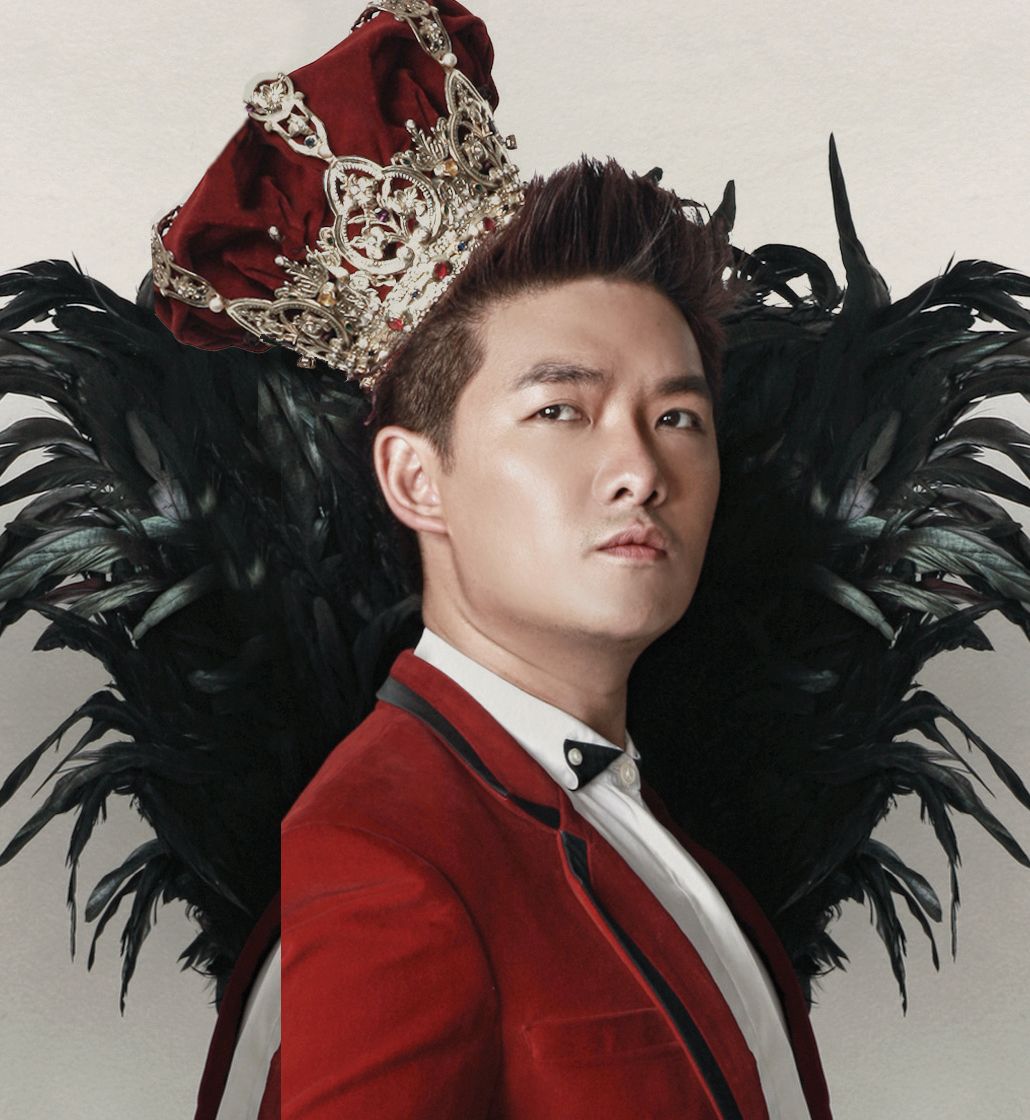
Dying to self and personal glory is the starting point to really live. [Saint] Augustine said it best:”You have made us for Yourself and our hearts are restless until they find their rest in Thee”
One of the most beautiful moments in the book The Pilgrim’s Progress is when [the main character] Christian arrives at the hill called Calvary. He has been carrying his burden of sin in his journey.
An amazing thing happens as he reaches the cross of Calvary. The first is the falling off of the weight of sin. Then he is greeted by the “three shining ones.” The first is the angel of dawn; the second, the angel of daybreak; and the third, the angel of dusk.
The first one says, “Son, thy sins be forgiven thee” and puts a mark on his forehead. The second replaces his tattered clothes with a new robe and sandals. The third angel hands him a scroll—the map towards the celestial city. It’s an amazing three-fold action: the old life is traded in for the new inheritance, and hence the mark; then the new covering as a child of God is given; and last is the guide on how to walk the rest of the journey till he reaches his final stopping point at the end of life.
The guide for life presupposes who you belong to. That is the first prerequisite—to know that you are not your own: you are a child of God as you come to the cross. That is where you die to self and live for Him. That is the true intersection where the crossroads of life meet. I remember a man from Pakistan telling me how he attended an Easter church service once and was terribly bored by the speaker—until the speaker reached the end and made these two statements:
“In dying, you live;
In surrendering, you win.”
These words reversed everything about how the Pakistan man used to think. Dying to self and personal glory is the starting point to really live. [Saint] Augustine said it best: “You have made us for Yourself and our hearts are restless until they find their rest in Thee.”
The next step is the change that life brings. It’s not enough to lay claim to be His child. We must live that life.
But finally, the map for life is given. That is the key to growth and maturity. How to handle disappointment. How to handle failure. How to interpret success. How to live for that which is eternal.
The question is how and where do we find that map? God has given us four resources.
First is His word, given to us in the Holy Scriptures. Your life should begin each day with that word. The Psalmist says: “Your word is a lamp to my feet and a light to my path.”
The second is His in-dwelling presence that God promises to us. As you talk to Him He speaks to you and guides you with His still small voice.
The third is to have a life of accountability. Those who love you must have the courage to correct you when they see you are on the wrong path.
Fourth, God will bring circumstances into your life to help you grow. These are not always delightful. Sometimes they are painful.
In 1939, King George VI spoke to the world at a very troubled time. He said this in his Christmas Day message: “I said to the man at the gate of the year, ‘Give me a light that I may walk safely into the unknown.’ He said to me, ‘Go out into the darkness and put your hand into the hand of God. It shall be to you better than the light and safer than the known.’”
Through his word, you put your hand into His hand and He will guide you safely into the unknown.







